A medicinal plant is a plant that contains substances that have a therapeutic value. These medicinal compounds or therapeutic constituents are bioactive compounds that can improve health or general wellbeing.
People around the world use such plants for health and healing and have for thousands of years. We know this because we have ancient texts from China, India, Egypt and Rome. These important texts were written in a time when plants were the only medicine available anywhere. And the people who wrote them described how they were used from the experience of using them on a daily basis. Their purpose? To pass on vital knowledge about the medicinal uses of plants to benefit the people that followed.
Modern medicine would discard this knowledge as unscientific. Natural products need clinical trials and scientific evidence to be of any use, they say. And historical texts or even modern-day experiences are merely anecdotal.
Yet, the pharmaceutical industry learns from the traditional knowledge of medicinal plant species. In an ongoing search for new drugs, plants are a rich source. Chemists isolate and purify specific phytochemical constituents to produce or synthesise modern medicines. On the one hand, describing medicinal plants as having no use or value, and on the other, using knowledge of plant-based remedies to produce their products.
So, here I want to talk about some famous and traditional medicinal plants and why herbal medicine remains essential today.
Five medicinal plants and scientific evidence
There are many plant species with therapeutic potential. So many that it is difficult to choose just a few to mention here. In the end, I decided on a small number of the possible plant species that are commonly known and also have some scientific evidence of providing a health benefit.
Chamomile
Chamomile is a flowering plant and herbal remedy. It is a popular alternative medicine. The flowers are a well-known relaxing remedy that can also help with stomach problems such as a lack of appetite, IBS and morning sickness. Chamomile flowers can also be helpful in wound healing for relieving headaches and skin diseases such as eczema.
Garlic
Garlic is a very well-known culinary herb and medicinal herb. Its therapeutic uses are legendary. Traditional healers mention garlic in ancient texts, but it is also the subject of modern research. For instance, researchers believe that garlic has the potential to kill cancer cells selectively. Garlic is a traditional remedy for infectious diseases of the respiratory system, the gut and the skin. This herb is a potent antimicrobial and is even effective against MRSA.
The sulphurous compounds are the source of garlic’s antibacterial properties. And these compounds are the origin of the notorious garlic breath. Though you can find odourless garlic as a herbal supplement, these products would not be as effective as raw garlic. There is also evidence that a garlic dietary supplement can lower high blood pressure and cholesterol levels. So garlic can be helpful for people with cardiovascular disease.
Lavender
Lavender is another flowering medicinal plant in use as traditional remedy. The whole lavender flower has therapeutic properties but most people just use the essential oil. Lavender is antimicrobial, has wound healing properties and eases headaches. The essential oil is well known as a sleep aid. This 2015 study found that inhaling lavender essential oil improved the quality of sleep compared to sleep hygiene alone.
Liquorice
Liquorice is another famous medicinal plant. An extract of the root of this perennial herb is made into liquorice sweets. But maybe you didn’t know that liquorice has therapeutic properties—healers from Western and traditional Chinese medicine use this plant. In China, liquorice is revered as an “essential herbal medicine”.
Liquorice has what herbalists call a demulcent action. This therapeutic property means that liquorice has a slimy texture that has soothing and healing action. This property is beneficial for soothing inflammation and irritation, such as acid reflux or sore throats. Researchers even suggest that this plant may benefit people with symptoms of Covid-19.
Fennel
Fennel is both a medicinal plant and a culinary herb. We mainly use fennel seeds as a traditional remedy for digestive upset. For instance, fennel and dill are ingredients of gripe water. Research shows that fennel seeds have some mild oestrogenic properties and can help to ease menopausal symptoms. It is also traditional to chew the seeds of this plant to freshen your breath after a meal.
We can use all of these five well-known herbal medicines for common ailments. Of course, if you want to use plants for therapy, it is always a good idea to check with a herbalist first. This is especially important if you are taking any prescription medication. Many modern drugs have similar properties to medicinal plants, and there can be interactions. Your local herbalist can advise you and make sure that your choice of medicinal plant is safe for you.

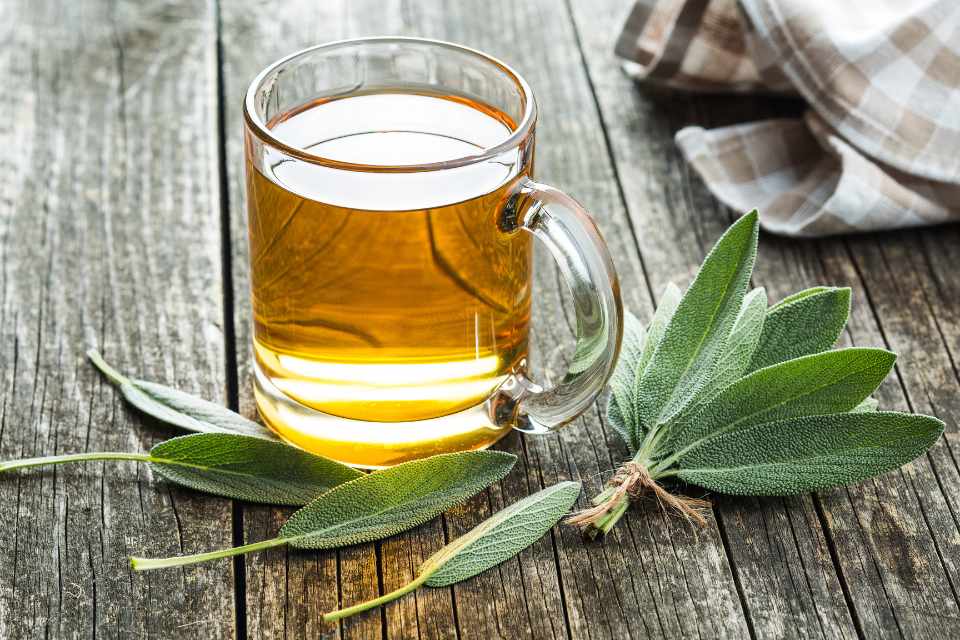
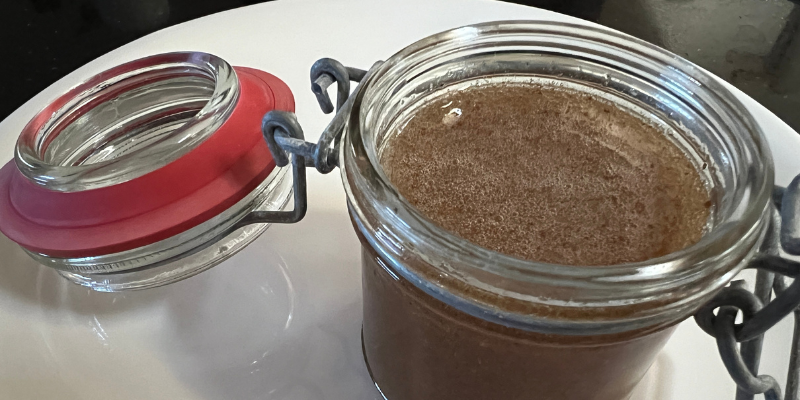
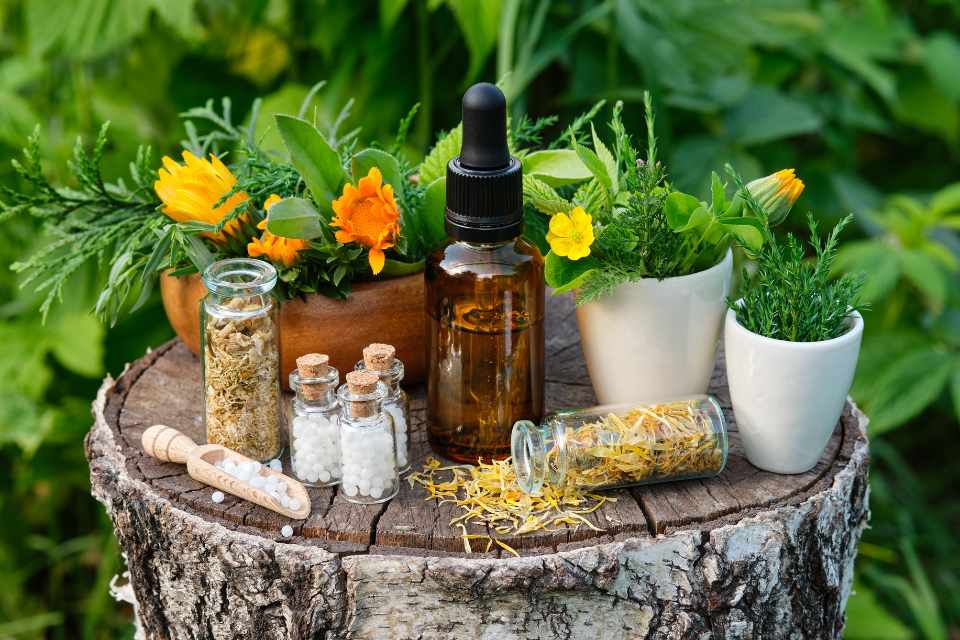

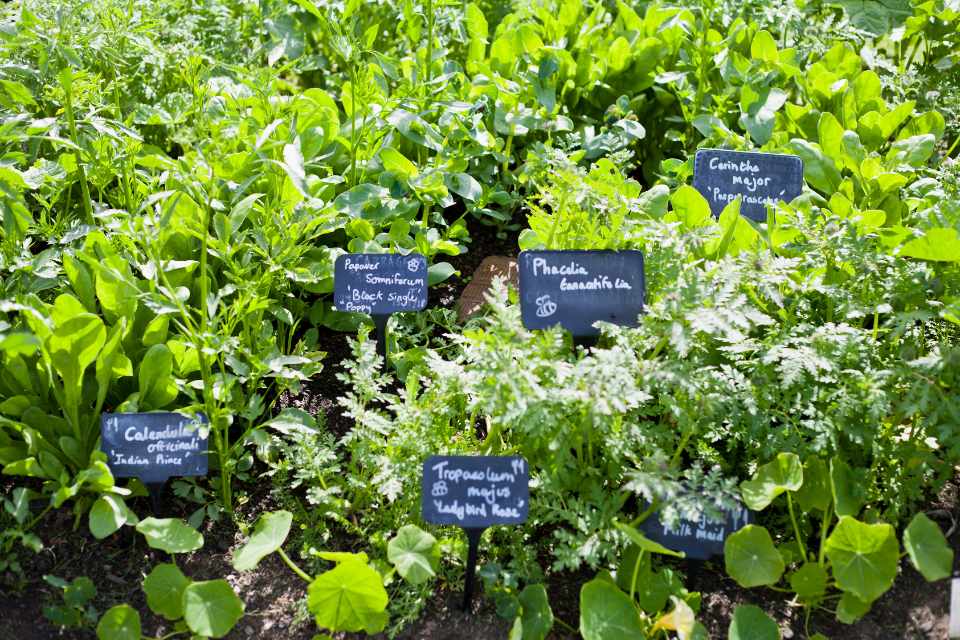
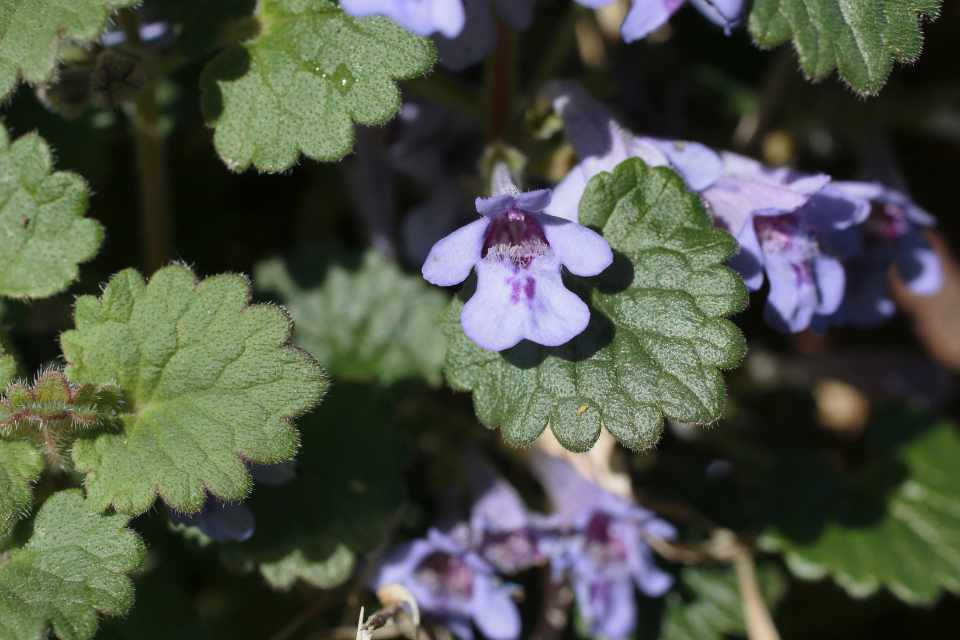

0 Comments